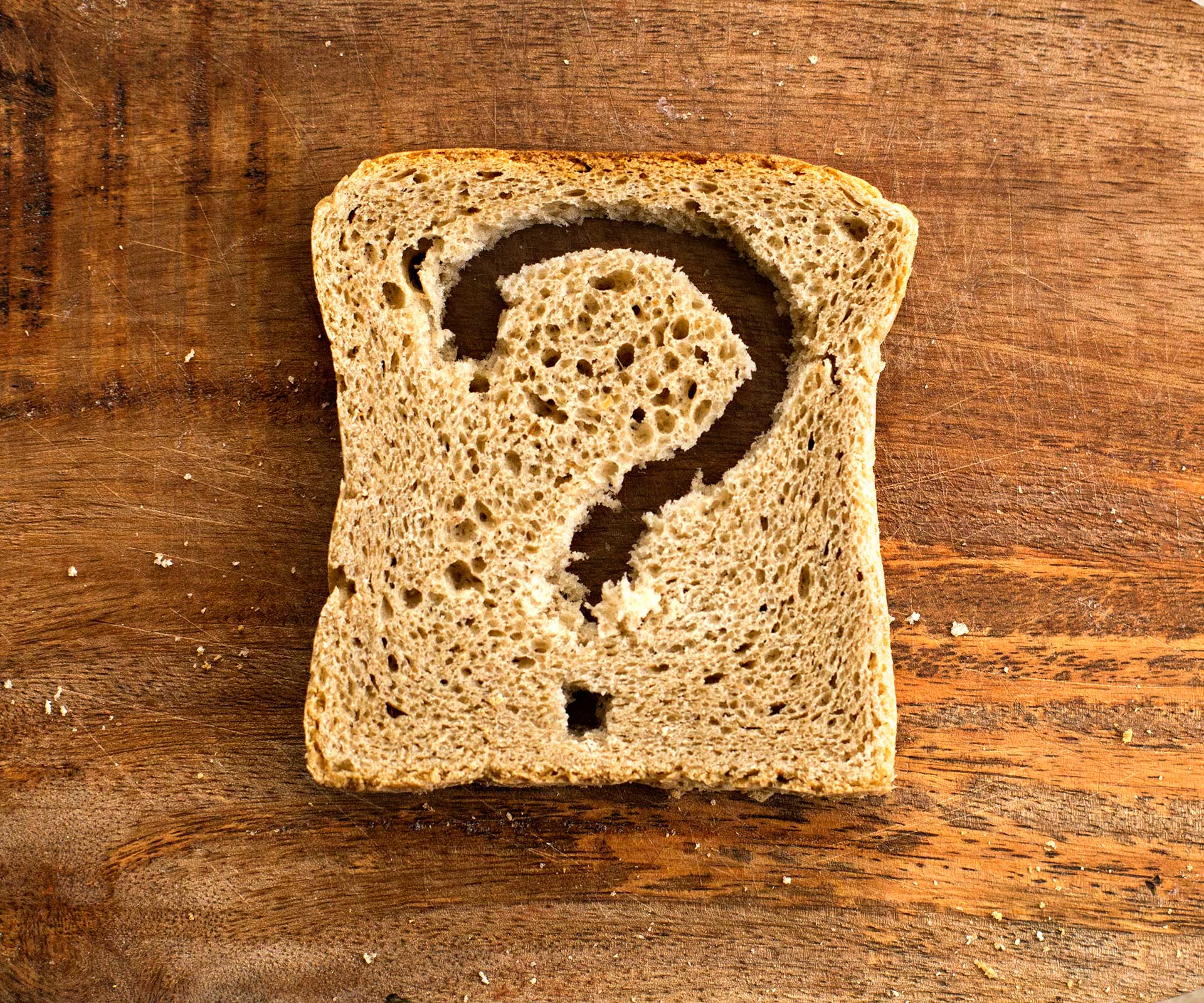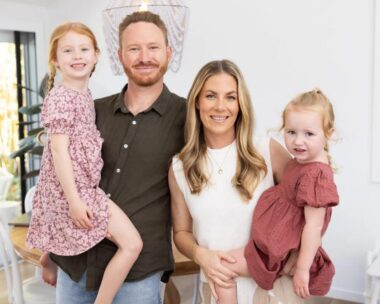For Aucklander Samantha Richards, 28, being diagnosed with coeliac disease completely changed the way she looked at food. And while dietary dilemmas were once a major hurdle, she’s now taking it all in her stride and feeling better than ever. Here she shares her experience:
“Looking back, I had lots going on in my life at the time I was diagnosed, so it’s hard to determine what exactly were symptoms of coeliac disease and what was just brought on by stress.
I went to the doctor because I kept having dizzy spells, and I thought I might have low blood pressure. While my blood pressure was fine, my GP decided to investigate with some blood tests, and I remember them asking me questions about how I felt after eating gluten.
Sure enough, my test results came back and I was told it was 100 per cent conclusive I had coeliac disease. After that, I went to a gastroenterologist who did a biopsy and put a tube with a camera down my throat to see exactly what was going on.
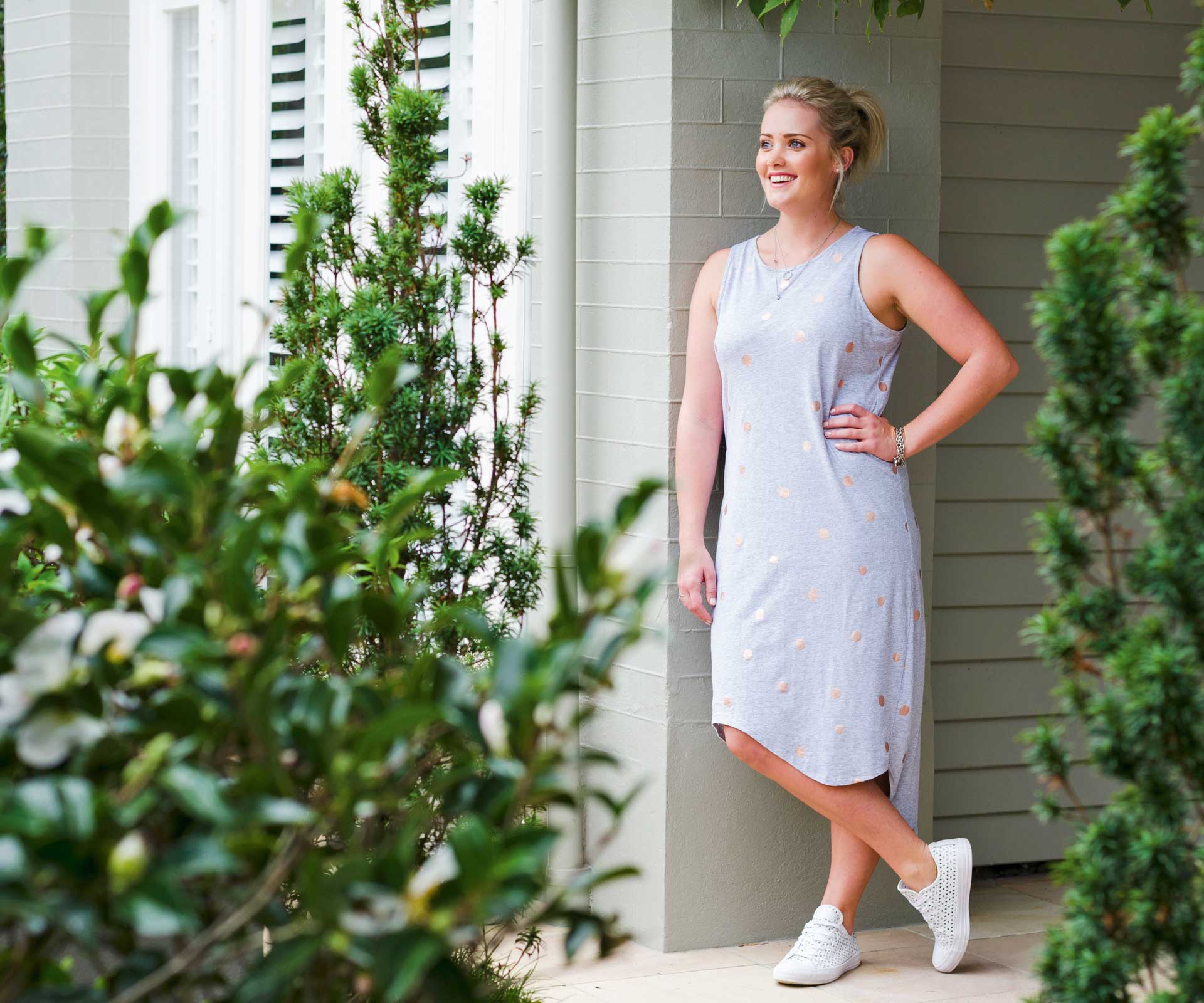
Being diagnosed with coeliac disease completely changed the way Samantha looked at food.
The way I’ve heard it described is that your small intestine looks like a sea anemone inside, with tiny little ‘fingers’ that help to absorb nutrients from food. When a person with coeliac disease eats gluten, it causes the body to attack itself, and the fingers become flattened. This means the body is unable to absorb nutrients, which in turn triggers a whole lot of different symptoms.
People with coeliac disease can feel tired and run-down, and can often be deficient in lots of things including iron and vitamin B12, as you’re not getting what you need from your food. You end up getting sick more often and it becomes this big negative spiral.
Everyone is different, but for me, if I was to eat a cheeseburger I would be throwing up within an hour. I’d have a really upset stomach the next day, and for the next week I would have tummy cramps and aching joints similar to how you feel when you’re getting the flu. Mentally, I would get brain fog and struggle to think straight, which is one of the most difficult things to manage if you’re really busy at work.
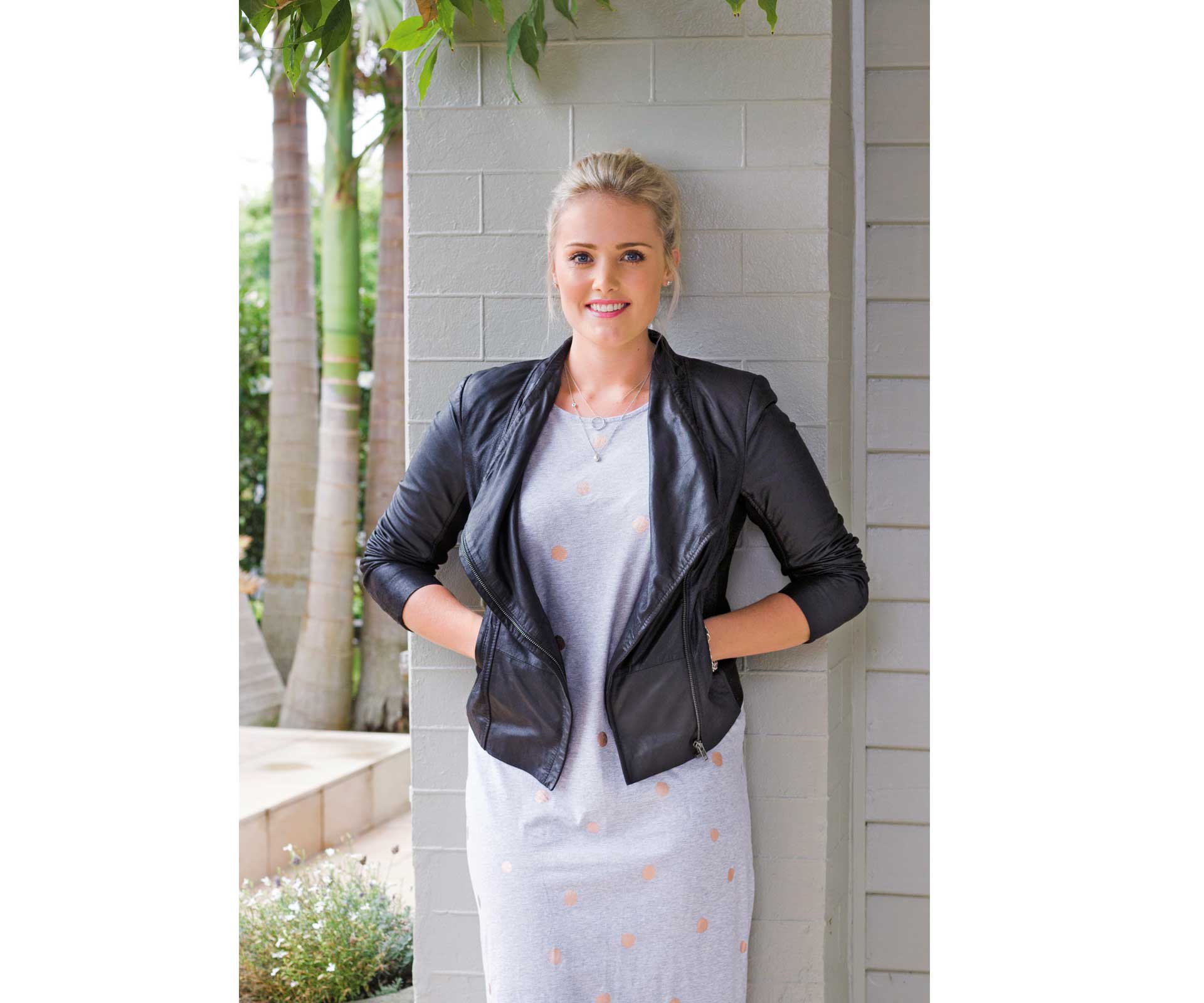
There’s a lot of confusion out there about coeliac disease. There are restaurants I always go back to as I know they get it, whereas other places have no clue. I’ll often ask a few leading questions, and depending on what their response is, I might just get a cup of coffee rather than a meal. It’s just not worth the risk.
I went out for lunch recently and saw a gluten-free burger on the menu. When I mentioned I was coeliac they said “Well, how coeliac are you?” It’s the sort of illness that’s black and white, you either are or you aren’t, so I knew that wasn’t a good sign! I was then told “the bun is gluten-free but there are bread crumbs in the patty, so if you are really coeliac you probably shouldn’t eat it.”
Unfortunately you just can’t rely on what a menu says. You have to ask the questions, which becomes quite difficult sometimes, especially in social situations.
I was at a conference where caterers were bringing around plates of food, and I was asking about everything. Someone said “Oh, so you’re gluten free? Typical, you are from Auckland.” You get snarky comments and you think, ‘I’m not a lifestyler, I don’t have an option!’ You feel like you need to always justify yourself, but at the same time you don’t want to start this big in-depth conversation with strangers about what gives you a dodgy stomach.
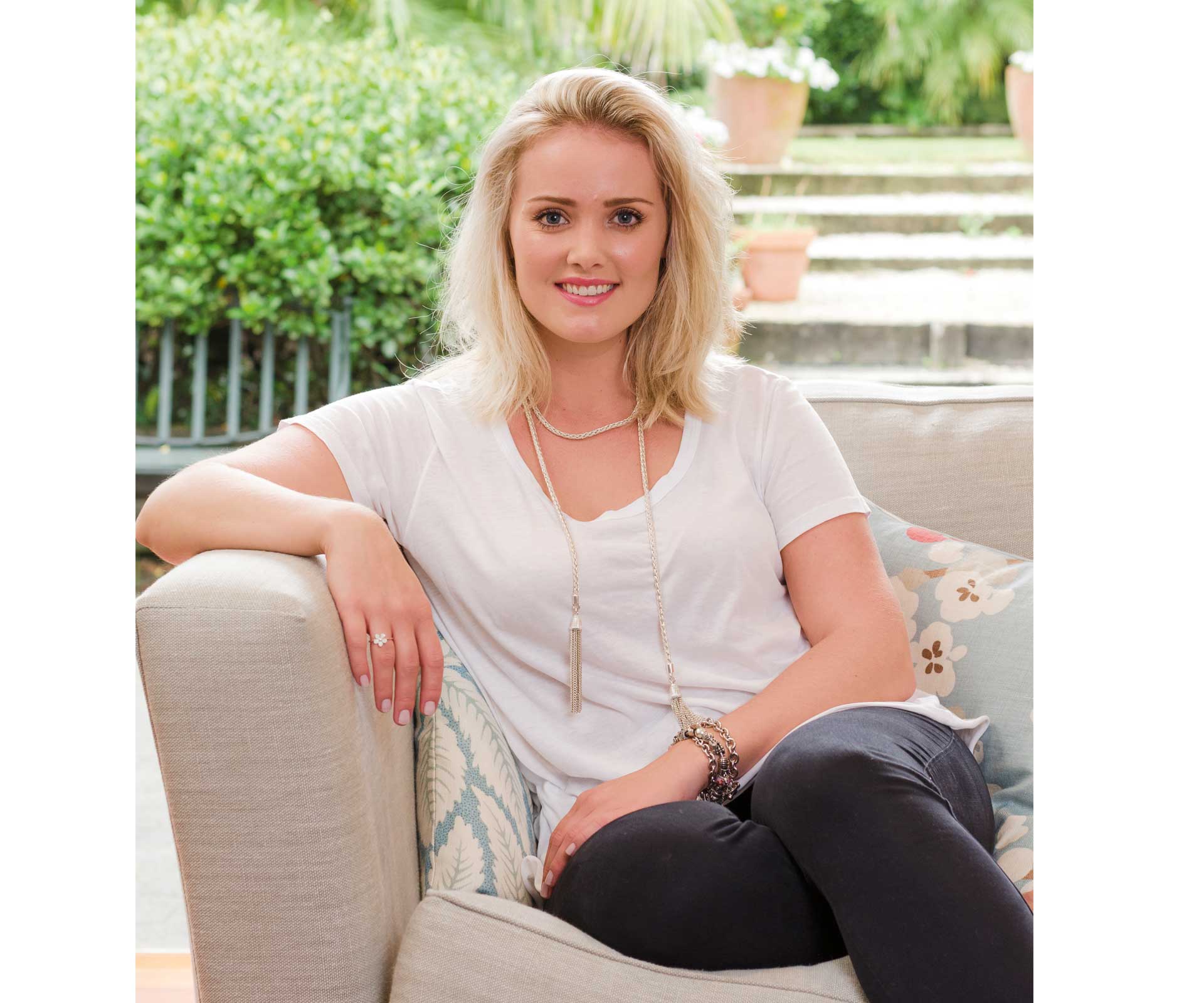
After being diagnosed as coeliac, I really struggled for the first six months. I’m a big foodie and I love the communal experience of getting together for a meal, so I really lost my ‘food mojo’. It was suddenly hard to find places to go out for dinner, and difficult to go over to friends’ places for a meal.
You start to second-guess everything; people will tell you something is gluten-free and you’ll think, ‘but did you check all of your flour?’ And you feel awkward and ungrateful.
Food wasn’t fun anymore – it was complicated, and a new thing to have to navigate around.
I’m one of the lucky ones as my mum happens to be a dietitian who specialises in food allergies, and she was an amazing resource throughout the process – but it was still complicated! These days, I don’t feel jealous when people around me chomp down on a filled roll. Gluten makes me so sick that I have no interest in eating it, so I’m now completely at peace with the whole thing.
I started to notice a difference after about a month of avoiding gluten. Six months in I was feeling awesome, and now it’s like ‘wow, I’m feeling so much better!’ It’s a gradual thing. When you’re learning how to navigate your way around being gluten-free, and you’re coming to grips with the do’s and the don’ts, you still end up poisoning yourself sometimes. But after making those mistakes you learn pretty fast!
I find snack food can be tricky territory, and it’s important to be prepared. I’ve always got a packet of Frooze Balls in my handbag, or muesli bars. You have to look after yourself.
Being coeliac can also add several hundred dollars to the grocery bill. As soon as a company can add ‘gluten-free’ to the title, it seems to be a licence to print money. My partner gets annoyed with me because I take hours in the supermarket, collecting everything that is gluten free according to the ingredients list but not labelled as gluten-free. It’s time-consuming but it helps to keep the cost down! You get really proficient at reading the backs of packages.
In a way, being coeliac makes you more health-conscious as you become more aware of ingredients and what you’re putting into your body. It’s cool that you can heal yourself through diet alone, rather than having to be medicated. Once you are used to it, you can completely manage it. It’s pretty amazing how your body can fix itself.”
What is coeliac disease?
Coeliac disease (pronounced see-lee-ak) is a permanent, autoimmune disorder that causes a reaction to gluten which is found in wheat, barley, rye and oats.
It is currently estimated that 60,000 to 70,000 New Zealanders have coeliac disease (1 in 70). However, up to 80 per cent of those are unaware they have the condition.
Symptoms can vary hugely, but include:
• Diarrhoea
• Fatigue, weakness
• Anaemia – iron or folic acid deficiency are the most common.
• Weight loss
• Chronic constipation – some are more likely to experience constipation rather than diarrhoea
• Cramping and bloating
• Nausea and vomiting
For more information, see coeliac.org.nz
